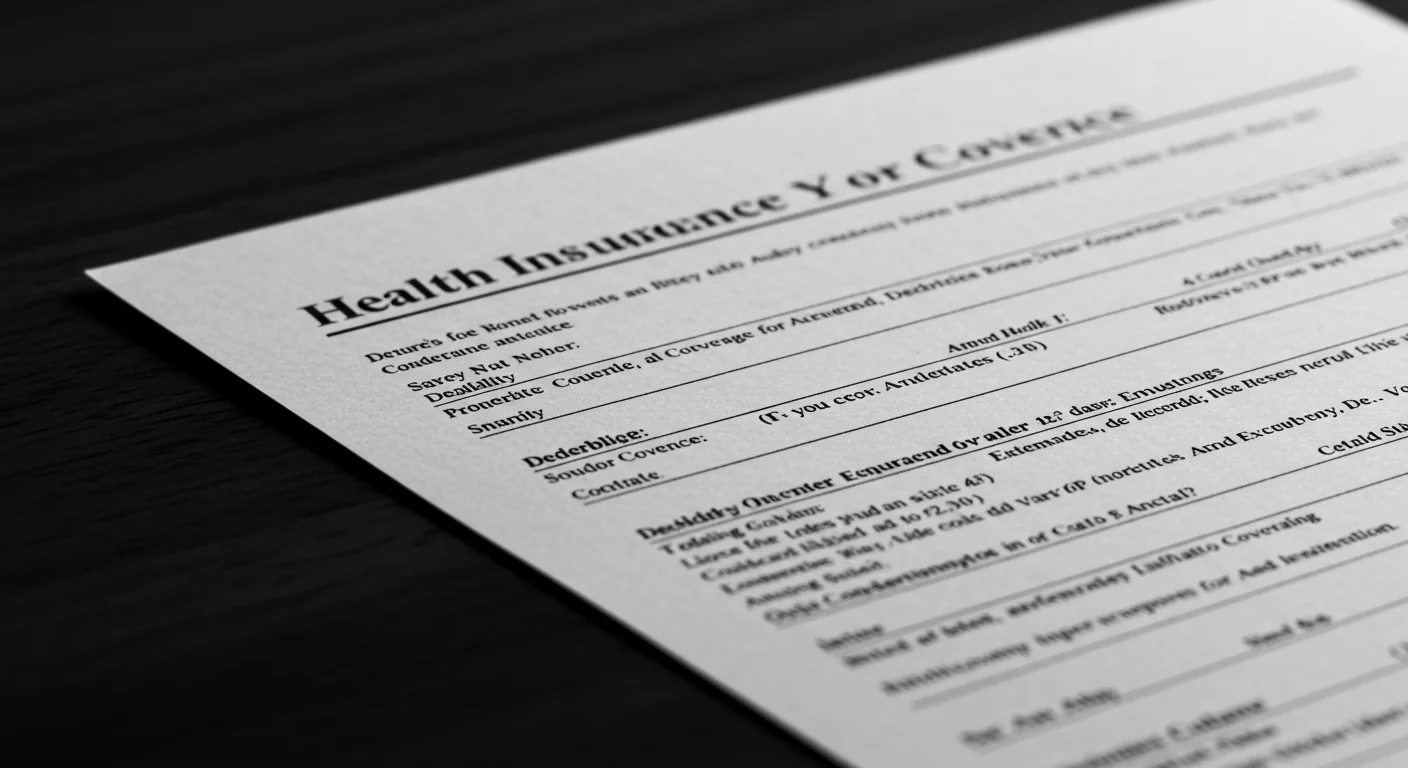In a world where multitasking is the norm and distractions lurk around every corner, keeping your brain in tip-top shape is more crucial than ever. After all, it’s the command center for everything you do—from remembering where you left your keys to mastering that new dance move you swore you’d conquer. Who wouldn’t want to boost their brainpower and keep their mental faculties sharp?
Think of brain health as your mind’s personal gym. Just like you wouldn’t skip leg day, neglecting your brain can lead to some serious cognitive hiccups. So, let’s dive into the fascinating world of brain health, where simple habits can transform your mental agility faster than you can say “neuroplasticity.” Get ready to unlock the secrets to a sharper, happier brain—because who wouldn’t want to outsmart their own thoughts?
Table of Contents
ToggleUnderstanding Brain Health
Brain health reflects the overall functioning, structure, and well-being of the brain. It encompasses aspects like cognition, emotions, and behaviors, influencing how individuals think, learn, and interact with others.
Definition of Brain Health
Brain health refers to the optimal functioning of the brain in tasks such as thinking, reasoning, and emotional regulation. It involves maintaining cognitive abilities, such as memory and attention. Healthy brain functioning contributes to mental clarity and emotional stability, easing the navigation of daily life challenges. Overall, brain health ensures individuals remain engaged and connected.
Importance of Maintaining Brain Health
Maintaining brain health plays a crucial role in preventing cognitive decline as individuals age. Studies show that mental fitness can reduce the risk of conditions like Alzheimer’s disease. Active engagement in learning and social interactions fosters a robust brain environment. Regular physical exercise promotes better blood flow to the brain, aiding cognitive functions. Moreover, a balanced diet rich in omega-3 fatty acids supports brain cell health, enhancing memory and learning capabilities. Prioritizing brain health leads to improved quality of life, ensuring individuals retain mental agility and emotional resilience.
Factors Affecting Brain Health

Various elements contribute to brain health, impacting cognitive abilities, emotional stability, and overall well-being. Understanding these factors helps individuals maintain mental agility.
Lifestyle Choices
Regular physical activity sharpens focus and enhances memory. Consistent sleep patterns foster optimal brain function, allowing the mind to repair and rejuvenate. Engaging in mindfulness practices reduces stress, promoting emotional well-being. Social interactions stimulate cognitive processes, enhancing mental resilience. Limiting substance use, such as alcohol and nicotine, protects brain cells from damage.
Dietary Influences
A balanced diet rich in antioxidants offers protection against oxidative stress. Omega-3 fatty acids, found in fatty fish, support brain structure and function. Whole grains provide steady glucose supply, fueling cognitive functions throughout the day. Vegetables and fruits contribute essential vitamins and minerals, supporting overall mental health. Hydration is crucial as even mild dehydration can impair focus and cognitive performance.
Environmental Factors
A stimulating environment promotes cognitive engagement and mental health. Exposure to natural light influences mood and productivity positively. Quiet spaces aid concentration, reducing distractions that impair focus. Technology use affects attention spans, often leading to information overload. Additionally, toxic substances in the environment can have detrimental effects on cognitive health.
Strategies for Enhancing Brain Health
Maintaining and enhancing brain health involves multiple strategies that promote optimal functioning and resilience.
Physical Exercise
Regular physical activity boosts blood flow to the brain, enhancing overall cognitive performance. Engaging in 150 minutes of moderate aerobic exercise per week significantly improves memory and focus. Aerobic exercises like walking, running, or cycling increase the production of neurotrophic factors, promoting brain cell growth. Resistance training, such as weight lifting, also contributes to improved cognitive functions. Incorporating movement into daily routines, like taking the stairs instead of the elevator, proves beneficial for mental agility.
Mental Stimulation
Challenging the brain with various cognitive tasks strengthens neural connections. Activities such as puzzles, reading, and learning new skills foster mental resilience. Experts recommend dedicating at least 30 minutes daily to mentally engaging exercises for optimal brain health. Games that require strategy and problem-solving elevate thinking abilities. Additionally, pursuing educational courses, either online or in-person, continuously stimulates brain activity and creativity.
Social Engagement
Interacting with others enhances cognitive functions and emotional well-being. Maintaining strong social connections reduces the risk of cognitive decline, with studies indicating that regular social activities can lower anxiety and depression levels. Participating in community events, joining clubs, or simply spending time with friends keeps the mind active. Relationships that foster communication and emotional support further strengthen mental health. Engaging socially at least once a week promotes long-term brain health and vibrancy.
Common Myths About Brain Health
Misunderstandings about brain health can hinder optimal cognitive functioning. Addressing these myths can clarify how to maintain a sharp mind.
Myth vs. Reality
Many believe that brain health declines solely due to age. In reality, lifestyle choices have a significant impact on cognitive abilities. Engaging in regular exercise and a balanced diet can enhance brain function, regardless of age. Some people think mental decline is inevitable, yet interventions and healthy habits can prevent or slow cognitive deterioration. Others assert that brain training games are the best way to boost cognitive skills. Evidence shows that diverse activities—like physical fitness, learning, and social engagement—are more effective for comprehensive brain health.
Misconceptions Debunked
One common misconception suggests that mental exercise is all that matters for brain health. It’s important to recognize that physical health greatly influences cognitive performance. A nutritious diet contributes not just to physical well-being but also to mental agility. Another widespread belief is that wrinkles signify declining brain health. This is misleading; changes in brain structure do not directly correlate with cognitive function. Moreover, some individuals think higher intelligence protects against cognitive decline. Research indicates that cognitive reserve—built through education and social interactions—plays a more crucial role in maintaining brain health throughout life.
Prioritizing brain health is essential for a fulfilling life. By adopting simple yet effective habits like regular exercise and mental stimulation, individuals can significantly enhance their cognitive abilities. Staying socially connected and maintaining a balanced diet also play crucial roles in fostering a resilient mind.
It’s important to recognize that brain health isn’t just about aging; lifestyle choices have a profound impact. By debunking common myths and embracing proactive measures, anyone can cultivate a sharper mind and emotional well-being. Taking these steps not only improves cognitive function but also enriches overall quality of life. Embracing brain health today paves the way for a brighter tomorrow.



